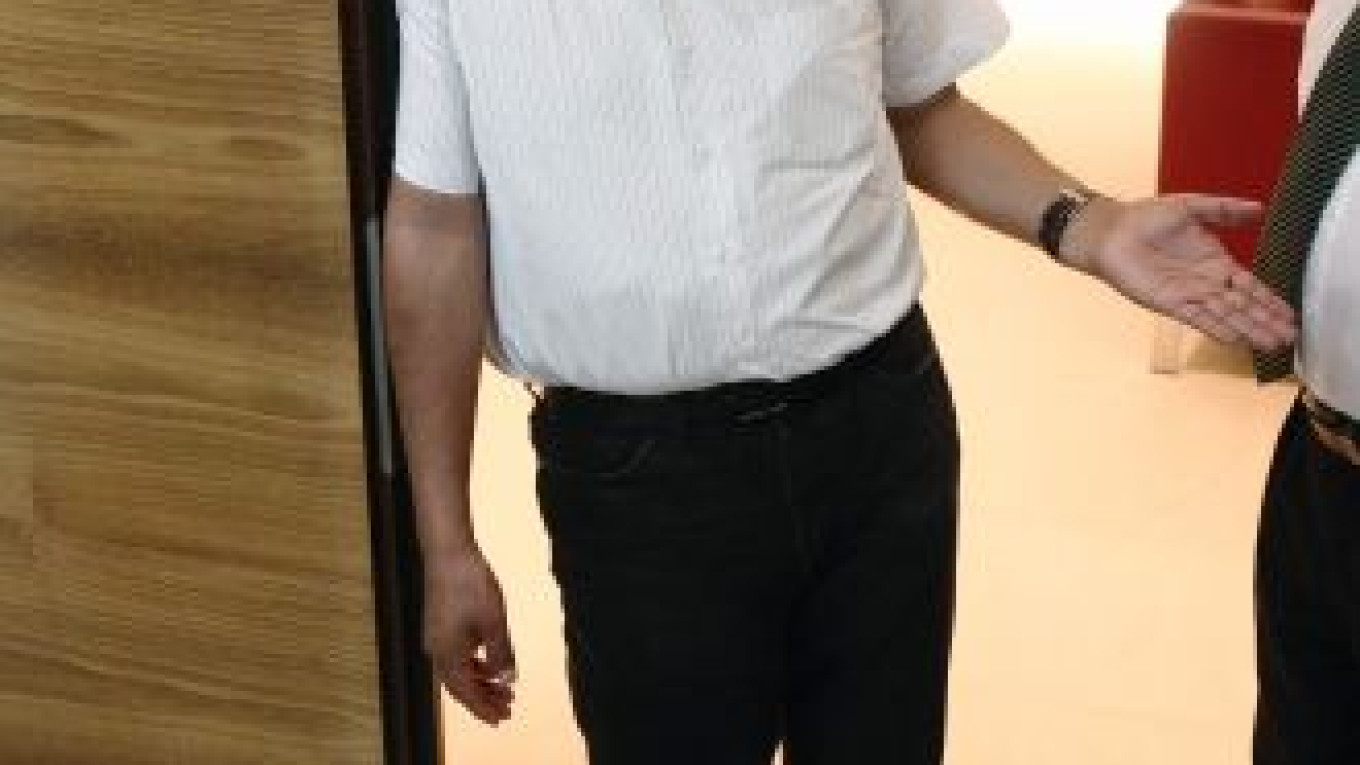VIENNA — Bolivia on Wednesday accused the United States of trying to "kidnap" its president, Evo Morales, after his plane was denied permission to fly over some European countries and then inspected at Vienna airport on suspicion that he was taking fugitive U.S. intelligence analyst Edward Snowden to Latin America.
Snowden was not on the plane and is still believed to be stranded in the transit lounge of a Moscow airport. The United States has been trying to get its hands on him since he revealed details of its secret surveillance programs last month.
Bolivia said the incident, in which the plane was denied permission to fly over France and Portugal before making an stopover in Vienna, was an act of aggression and a violation of international law.
The White House declined to comment on the Bolivian assertion.
The furor was the latest twist in a saga that has raised debate over the balance between privacy rights and national security. Revelations of U.S. surveillance on European countries have also strained transatlantic relations.
France on Wednesday said free-trade talks between the European Union and the U.S. should be delayed by two weeks given tensions over media reports stemming from the Snowden case that Washington is spying on the 28-nation bloc.
The Bolivian plane was taking Morales home from an energy conference in Moscow when it landed at Vienna airport on Tuesday evening.
Austrian Deputy Chancellor Michael Spindelegger said Morales personally denied that Snowden was aboard his jet and agreed to a voluntary inspection.
"Based on this invitation from Bolivia, a colleague boarded the plane, looked at everything and there was no one else on board," Spindelegger told reporters.
Bolivia's ambassador to the United Nations, Sacha Llorenti Soliz, expressed outrage at the train of events.
"We're talking about the president on an official trip after an official summit being kidnapped," he told reporters in Geneva.
"We have no doubt that it was an order from the White House. By no means should a diplomatic plane with the president be diverted from its route and forced to land in another country."
The plane eventually left about noon and by midafternoon had arrived at Spain's Canary Islands for a refueling stop. But the incident was not likely to be forgotten quickly.
Bolivia is among more than a dozen countries where Snowden has sought asylum, and Morales has said he would consider granting the American refuge if requested.
The 30-year-old Snowden, who worked for the National Security Agency as a contractor in Hawaii, has been trying since June 23 to find a country that will offer him refuge from prosecution in the United States on espionage charges.
U.S. President Barack Obama has warned that an offer of asylum from a country would carry serious costs.
Russian President Vladimir Putin is unwilling to send Snowden to the United States, with whom Russia has no extradition treaty. But he is also reluctant to damage ties over a man for whom Putin, a former KGB spy, has little sympathy.
Venezuelan President Nicolas Maduro, who was also in Moscow for the energy conference, said on Tuesday that he would consider any asylum application from Snowden. There was no new word from him on Wednesday.
Despite France's role in the plane incident, Paris on Wednesday called for a delay in talks between the European Union and the United States on a free trade accord.
Government spokeswoman Najat Vallaud-Belkacem said Paris did not want to halt the negotiations on a deal that could boost the EU and U.S. economies by more than $100 billion each per year.
"On the other hand, it would seem wise to us to suspend them for a couple of weeks to avoid any controversy and have the time to obtain the information we've asked for," she said.
The European Commission in Brussels and Germany both said they wanted the first round of talks to start as scheduled on Monday in Washington.
The EU has demanded the United States explain a German magazine report that Washington was spying on the bloc, calling such surveillance shocking if true.
French President Francois Hollande said the alleged action was intolerable and could hinder U.S. relations with Paris and the EU.
A Message from The Moscow Times:
Dear readers,
We are facing unprecedented challenges. Russia's Prosecutor General's Office has designated The Moscow Times as an "undesirable" organization, criminalizing our work and putting our staff at risk of prosecution. This follows our earlier unjust labeling as a "foreign agent."
These actions are direct attempts to silence independent journalism in Russia. The authorities claim our work "discredits the decisions of the Russian leadership." We see things differently: we strive to provide accurate, unbiased reporting on Russia.
We, the journalists of The Moscow Times, refuse to be silenced. But to continue our work, we need your help.
Your support, no matter how small, makes a world of difference. If you can, please support us monthly starting from just $2. It's quick to set up, and every contribution makes a significant impact.
By supporting The Moscow Times, you're defending open, independent journalism in the face of repression. Thank you for standing with us.
Remind me later.


